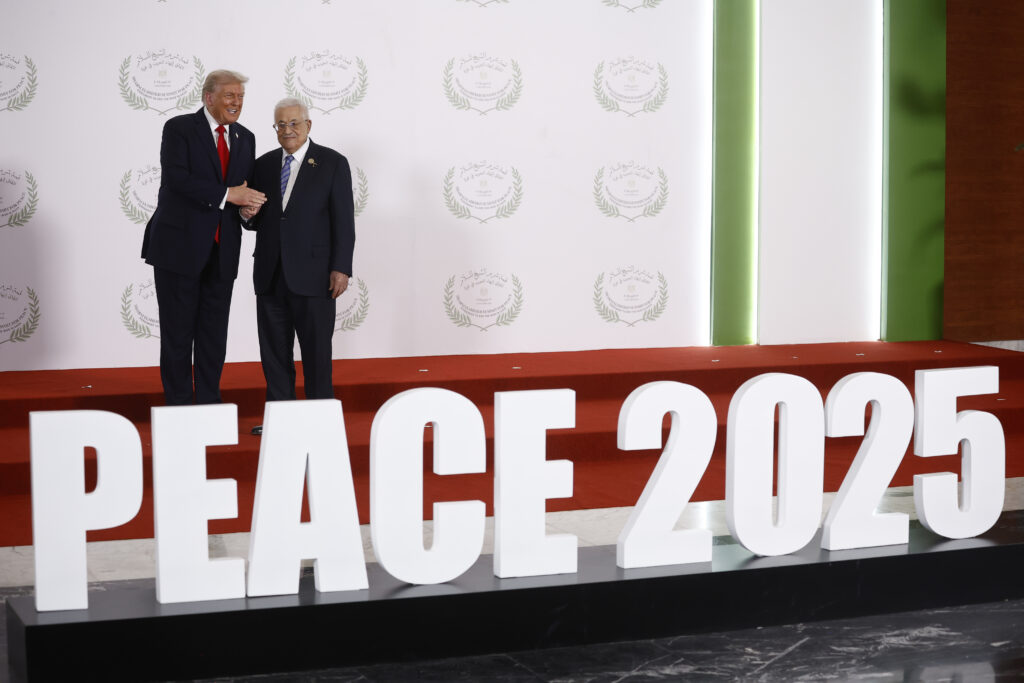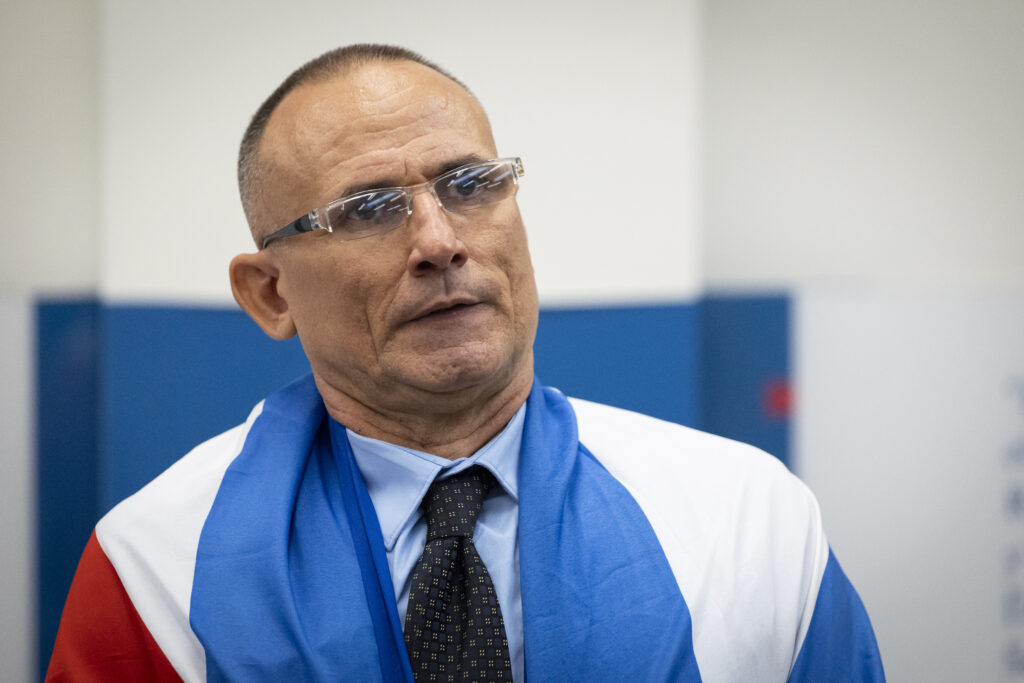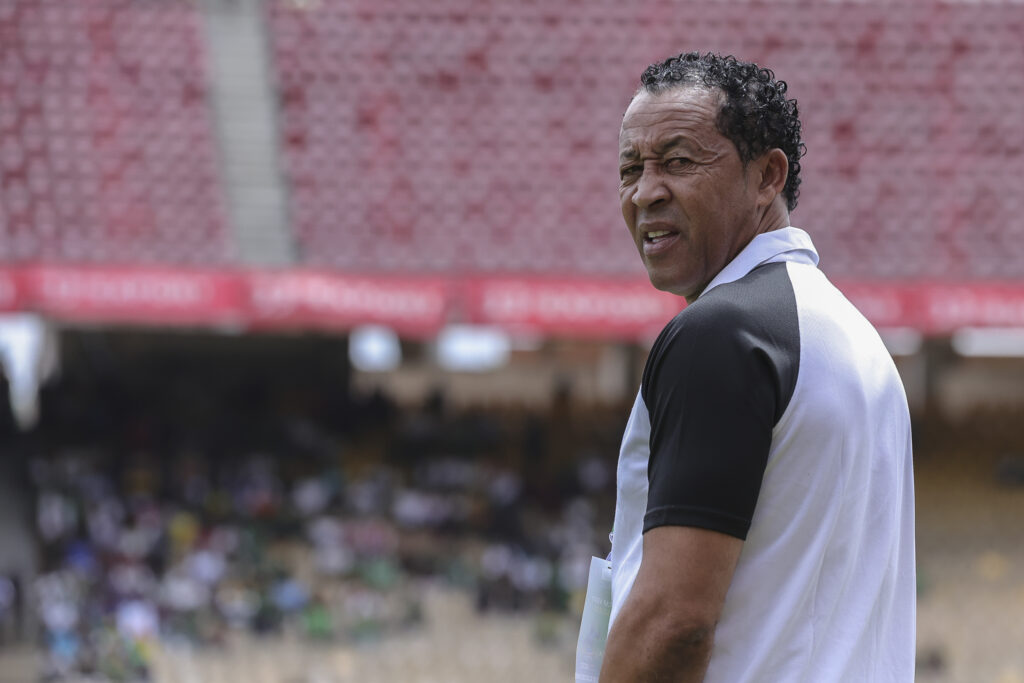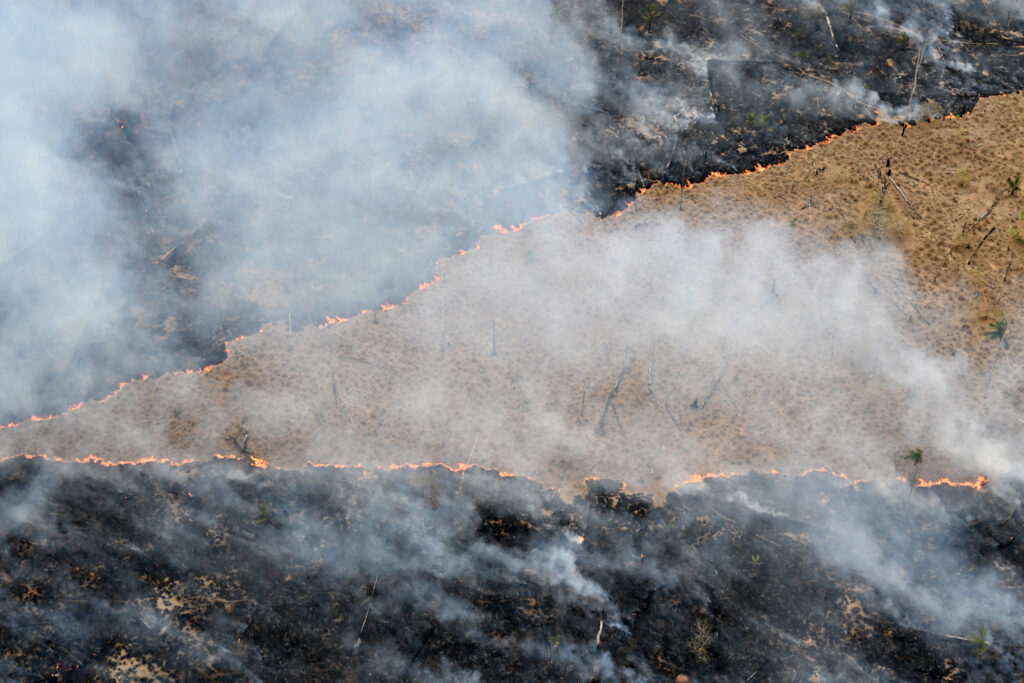Au sommet sur Gaza, Trump proclame un “jour formidable pour le Moyen-Orient”
Donald Trump a proclamé lundi un “jour formidable pour le Moyen-Orient” lors d’un sommet sur Gaza en Egypte et a cosigné une déclaration visant à cimenter le cessez-le-feu dans le territoire palestinien, après un échange d’otages et de détenus entre Israël et le Hamas.Plus tôt, lors d’une visite éclair à Jérusalem, le président américain a annoncé devant le Parlement israélien la fin d’un “long cauchemar” pour Israël et les Palestiniens. “Ce n’est pas seulement la fin d’une guerre, c’est la fin d’une ère de terreur et de mort”, a-t-il dit, appelant les Palestiniens à “se détourner pour toujours de la voie du terrorisme”.Au quatrième jour du cessez-le-feu dans la bande de Gaza dévastée par deux ans de guerre, le mouvement islamiste Hamas a libéré les 20 derniers otages vivants qu’il retenait, en échange de 1.968 prisonniers palestiniens relâchés par Israël.Sur la place des Otages à Tel-Aviv, des scènes de liesse ont accueilli la libération des otages enlevés le 7 octobre 2023 lors de l’attaque sans précédent du Hamas en Israël, qui a déclenché la guerre.”C’est superbe et bouleversant que cela arrive enfin” a déclaré Shelly Bar Nir, 34 ans. “Nos otages rentrent enfin chez eux.””Ma vie, tu es ma vie… tu es un héros”, s’exclame Einav Zangauker en serrant dans ses bras son fils Matan, tout sourire, après sa libération, selon une vidéo diffusée par l’armée israélienne. A Ramallah, en Cisjordanie occupée, une explosion de joie a accompagné l’arrivée des cars transportant des prisonniers palestiniens libérés. “C’est une renaissance”, a dit Mahdi Ramadan après sa libération. D’autres bus ont gagné la bande de Gaza, accueillis par des milliers de personnes agitant le drapeau palestinien et celui du Hamas.- “PEACE 2025” -A l’origine du plan sur un cessez-le-feu à Gaza, M. Trump a coprésidé le sommet à Charm el-Cheikh avec le président égyptien, Abdel Fattah al-Sissi, en présence de nombreux dirigeants internationaux, mais sans le Premier ministre israélien, Benjamin Netanyahu, ni le Hamas.M. Trump a accueilli les dirigeants sur un tapis rouge, souriant et serrant la main de chacun. Derrière une inscription géante “PEACE 2025”, il a levé plusieurs fois le pouce devant les caméras.Avec les dirigeants d’Egypte, du Qatar et de Turquie, il a ensuite signé une déclaration sur Gaza dans laquelle ils engagent à “poursuivre une vision de paix” au Moyen-Orient. Ce document, publié en fin de journée par la Maison Blanche, s’en tient néanmoins à des termes vagues sur le besoin de parvenir à une “paix durable” entre Israël et ses voisins, dont les Palestiniens.Donald Trump a, dans l’avion de retour à Washington, évacué la question de la solution à deux Etats. “Je ne parle pas d’un seul Etat, de double Etat ou de deux Etats. Nous parlons de la reconstruction de Gaza.”Avant de partir d’Egype, le président américain a assuré avoir “réussi ensemble ce que tout le monde pensait impossible. Enfin, nous avons la paix au Moyen-Orient.”M. Sissi a, lui, annoncé que son pays allait accueillir une conférence sur la reconstruction de Gaza, sans donner de date.Dans la journée, 20 otages ont été remis en deux phases au Comité international de la Croix-Rouge (CICR), dont les voitures ont pris la direction d’Israël sous l’œil de combattants armés du Hamas.La majorité des 251 personnes enlevées lors de l’attaque du 7-Octobre avaient été libérées lors de deux précédentes trêves à Gaza.- “Libération totale” -L’attaque du Hamas a entraîné côté israélien la mort de 1.219 personnes, en majorité des civils, selon un bilan établi par l’AFP à partir de données officielles.En riposte, Israël a lancé une offensive qui a ravagé la bande de Gaza, provoqué un désastre humanitaire et fait 67.869 morts, en majorité des civils, selon les données du ministère de la Santé du Hamas.”Il est temps de laisser entrer l’aide humanitaire à grande échelle, notamment par l’intermédiaire de l’Unrwa”, a réagi lundi le directeur général de l’agence des Nations Unies pour les réfugiés palestiniens (Unrwa), Philippe Lazzarini, dans un communiqué.La première phase du plan américain prévoit outre le cessez-le-feu et un retrait israélien de certains secteurs de Gaza, le retour dans les 72 heures des 47 derniers otages retenus à Gaza, dont 27 sont morts.Mais l’armée israélienne a annoncé la remise de seulement quatre corps d’otages via le CICR lundi: “Le Hamas est tenu de respecter l’accord et de prendre les mesures nécessaires pour le retour de tous les otages décédés”.Le Hamas a salué “la libération des prisonniers palestiniens des prisons de l’occupation” comme “un succès national sur le chemin de la libération totale”.Le plan Trump prévoit dans une phase ultérieure le désarmement du Hamas et son exclusion de la gouvernance du territoire, où le mouvement a pris le pouvoir en 2007.Le mouvement islamiste ne s’est pas prononcé sur son désarmement et exige un retrait total israélien de la bande de Gaza. L’armée israélienne contrôle aujourd’hui 53% du territoire.Un responsable du Hamas a dit prévoir une deuxième phase “difficile” des négociations.




